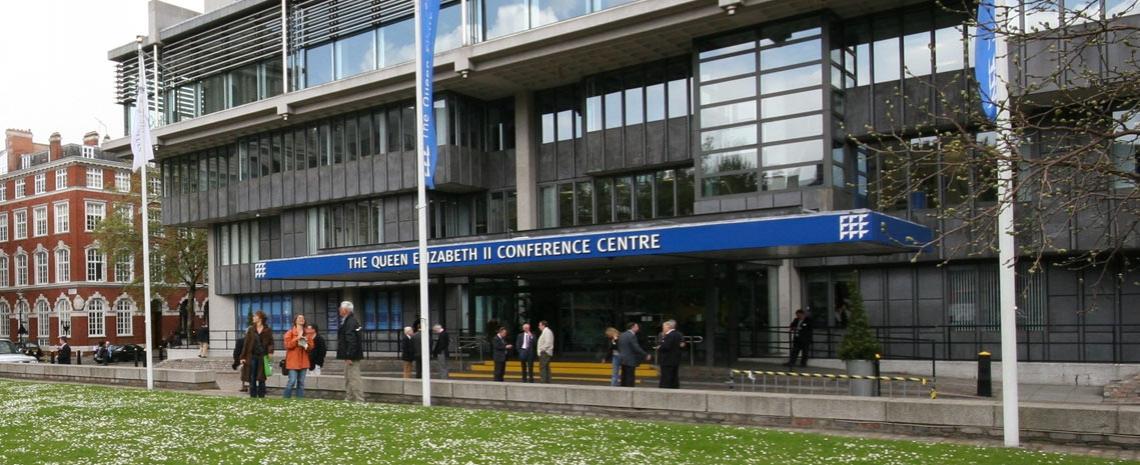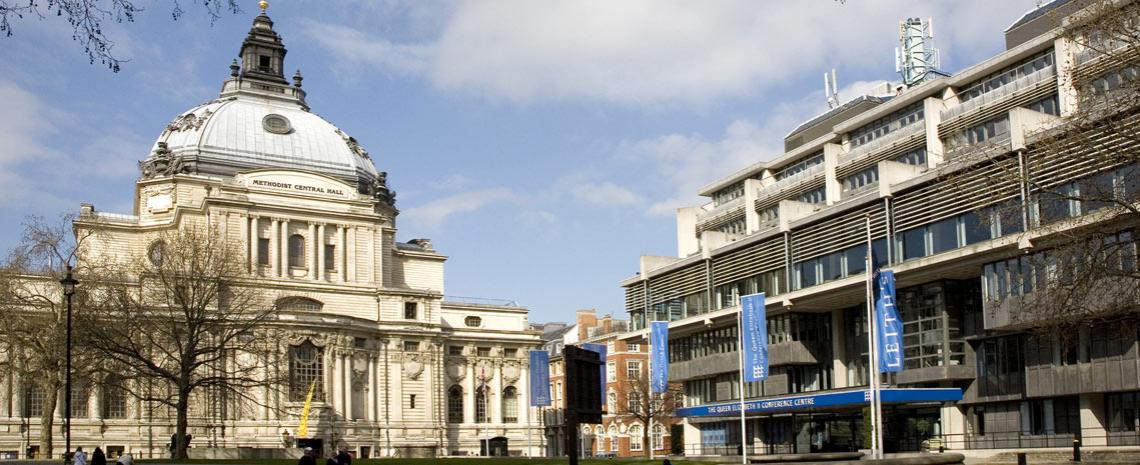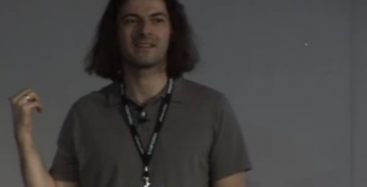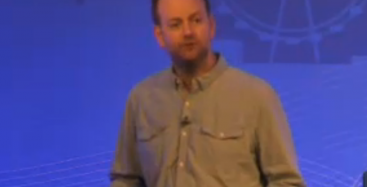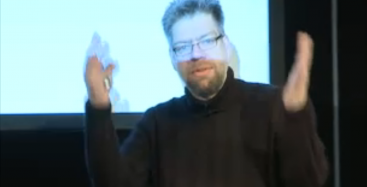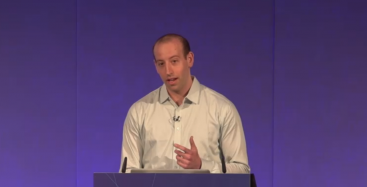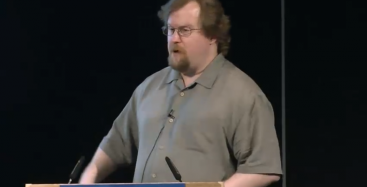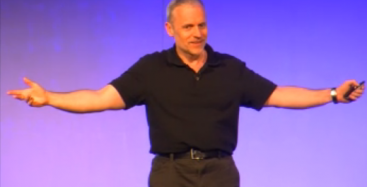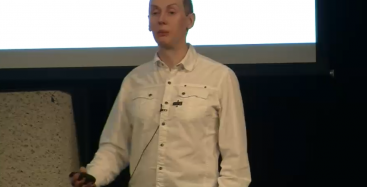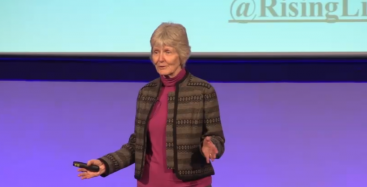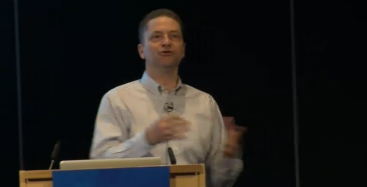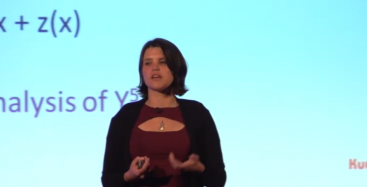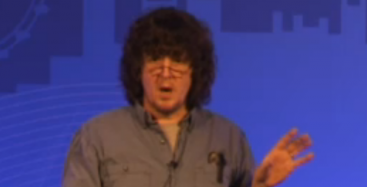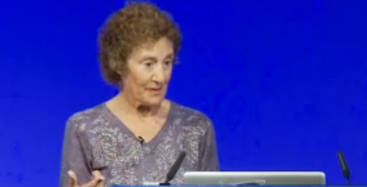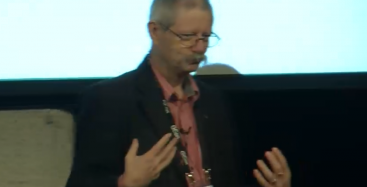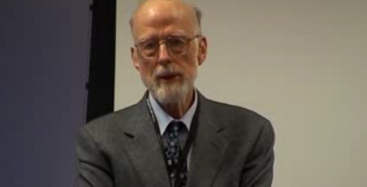John Wilkes has been at Google since 2008, where he is working on cluster management for Google's compute infrastructure; he was one of the architects of Omega. He is interested in far too many aspects of distributed systems, but a recurring theme has been technologies that allow systems to manage themselves.
He received a PhD in computer science from the University of Cambridge, joined HP Labs in 1982, and was elected an HP Fellow and an ACM Fellow in 2002 for his work on storage system design. Along the way, he’s been program committee chair for SOSP, FAST, EuroSys and HotCloud, and...
more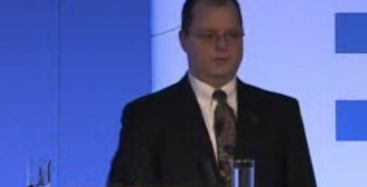





-itok%3dWd3t8KQh.jpg)








-itok%3dGyvRkuVN.jpg)

